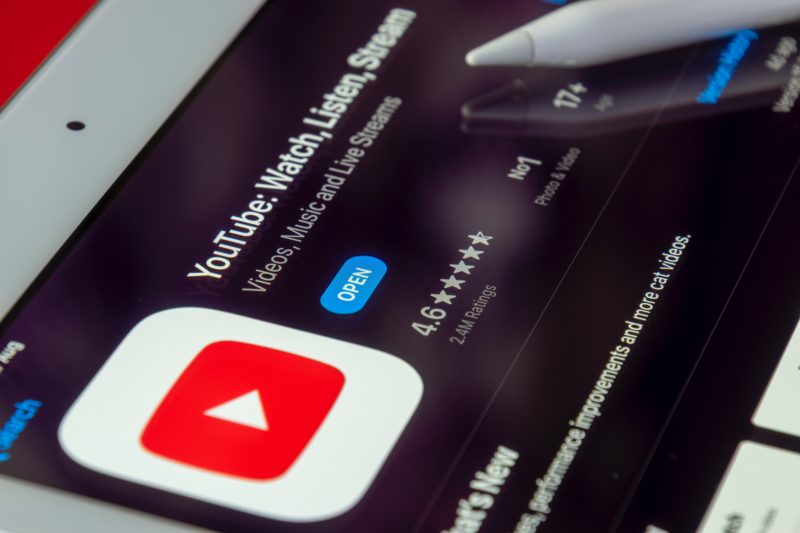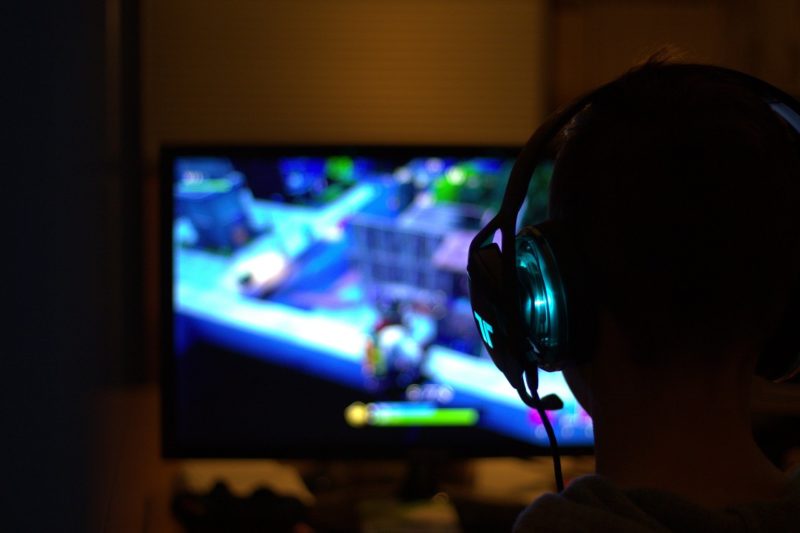Part 2: Intellectual Property
In Part One of our series on protecting individuals’ images after their death, we examined the privacy rights that govern the use of these ‘zombie’ celebrities, just in time for Halloween. We considered what privacy rights attach to dead celebrities, and whether these rights can be exercised by their estates/heirs. In this Part Two, we will consider what intellectual property rights could govern this so-called resurrection of dead celebrities!
As you will recall from Part One, it is not surprising that movies and concerts are reaching back to long dead stars to “perform” for audiences. What intellectual property rights govern the resurrection of a dead celebrity? If property rights are the best way for a deceased’s heirs to protect the image of the deceased, how can the “property” regime of intellectual property rights assist?
There are a number of statutory IP regimes as well as common law causes of action which can allow online influencers and the estates of deceased celebrities to control and monetize these valuable assets and continue to monetize as technology allows them to do so.
Continue reading »



